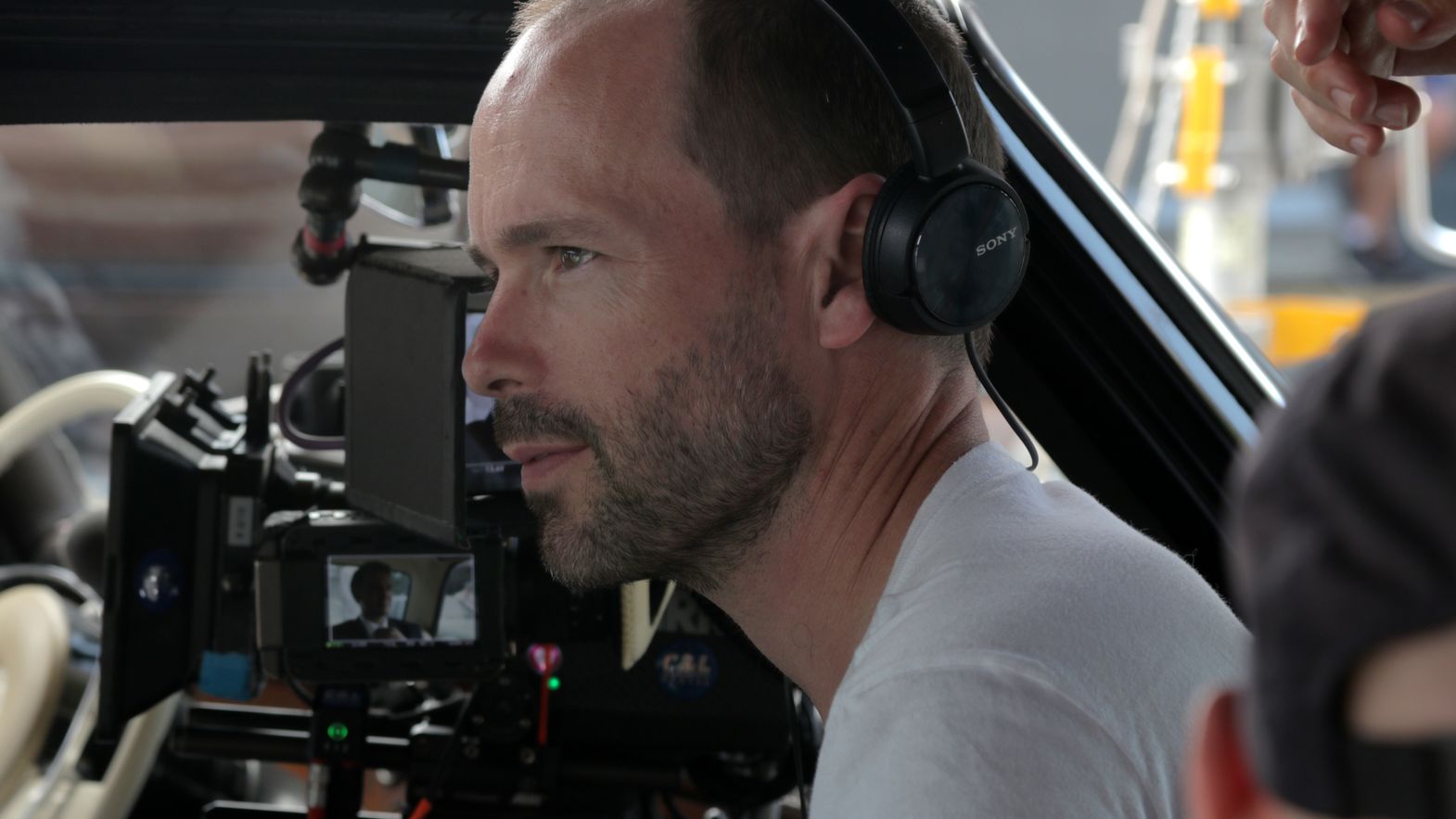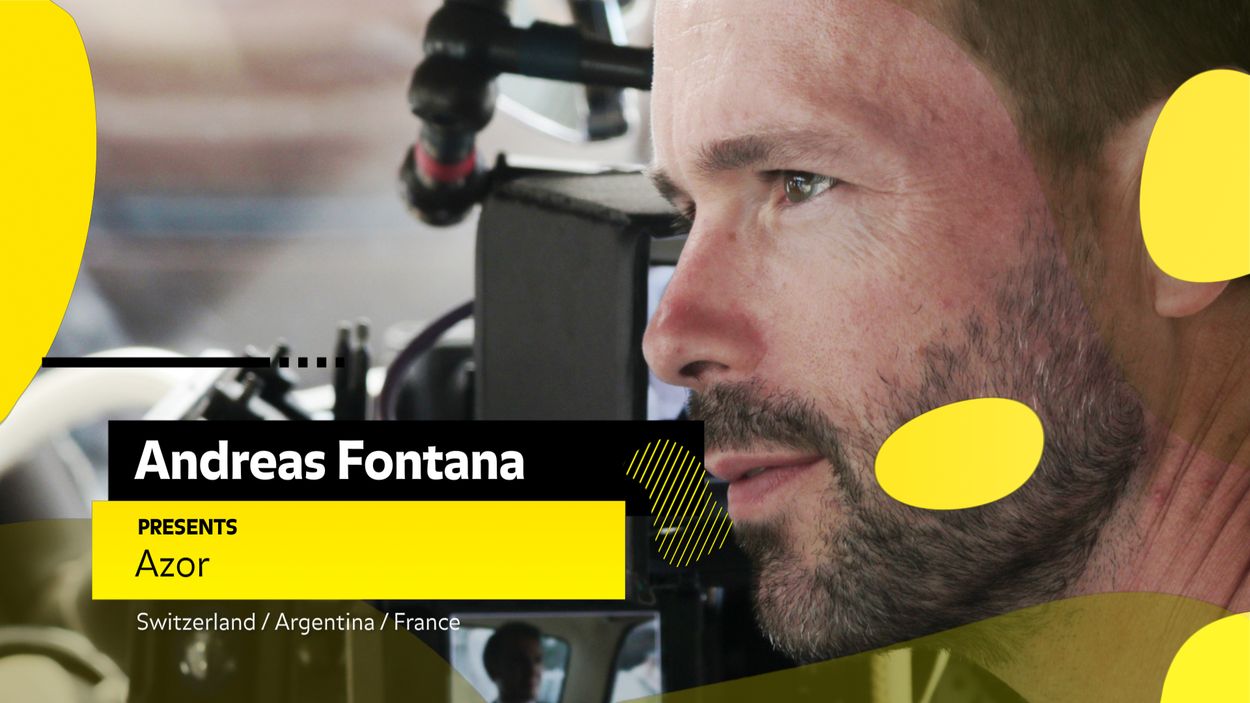
Andreas Fontana, receiving an award for your film project is an incentive to complete it. How do you feel about this, and what is the next step?
I’m very happy, and I’m thinking especially of the very large Argentinian crew, who haven’t been able to work since March, have received no support from the State and can’t see the light at the end of the tunnel. It’s unimaginable here, and yet it’s happening over there. I’d like to dedicate the prize to them, before I get started with the next stage, which is sound editing.
Azor is a banking thriller set in Switzerland and Argentina. What made you want to tackle such an important political and economic subject?
It’s not really a banking thriller, but more of a spy or adventure movie that features bankers. I felt like there was a story to tell about private banks, as a culture and a territory rather than a topic. How does a private banker work? What rules does he follow? What is his code? What does he fear, deep inside? It’s something very mysterious and cinematic, although I had to think of a structure with Mariano Llinas, who helped me with the script. Additionally, the banking aspect has rarely been dealt with from the colonial perspective. As it happens, during the Argentinian dictatorship, and other troubled times elsewhere in the world, Swiss banks played a role in this sneaky form of colonialism.

With this film, you go back to the 1980s. How does this time period interact with the present?
On the one hand, there are certain “responses” of the present day to processes that happened back then. For example, finance, which is now the undisputed ruler of the economy, started getting the upper hand in the 1980s, forcing bankers to become more aggressive. The film offers a fictional exploration of the end of a system, or a world, which is that of the old men of family banks. On the other hand, we have the matter of representation, because making a period film means choosing how you depict that period. At one point I was sitting on an old, completely worn-out leather sofa with one of the cast members, a non-professional actor who’s part of the Argentinian upper middle class, and he said, about the couch: “That’s elegance at its finest. It being busted now means it was sumptuous in the past, generations ago.” In that sense, Azor takes place in 1980, but there’s a dialogue with this idea that, for people in that circle, what matters is being part of history, for better or worse.
Given the context, the characters that the story is based on play a vita role. How did you work on their characterization?
I did a lot of research, a sort of anthropological trip, albeit not a very systematic one, and I met a lot of people, especially connected to the worlds covered in the film: upper middle class, finance, business lawyers, bankers, landowners, etc. I used these encounters to write the film and, most importantly, to create the characters. I then decided, with the Argentinian casting director Maria Laura Berch, to use non-professional actors from those worlds. That was a huge, complex undertaking. And then, when that part of the casting was almost over (Alexandre Nazarian was handling the European side at the same time), I rewrote the characters based on the people playing them, incorporating their backstories and peculiarities. The characters are the key element of the film.
Your film is on hold because of COVID-19. Besides taking part in Locarno 2020, did that force you to alter the project?
It did alter a lot of things, most notably the schedule, but fortunately there were no major artistic changes. But it was a question of months, because principal photography, with an international crew, wrapped on December 23… That said, I had to figure out a way to work remotely with the editor, Nicolas Desmaison, whom I didn’t know at the beginning of the project. It’s very different to go through rushes on your own, and then do a video call with someone you barely know to talk about their opinion. It’s a bit dizzying at first. Then again, the film had been through quite a few things even before the pandemic, and I think I can say it will survive.
Interview by Lorenzo Buccella